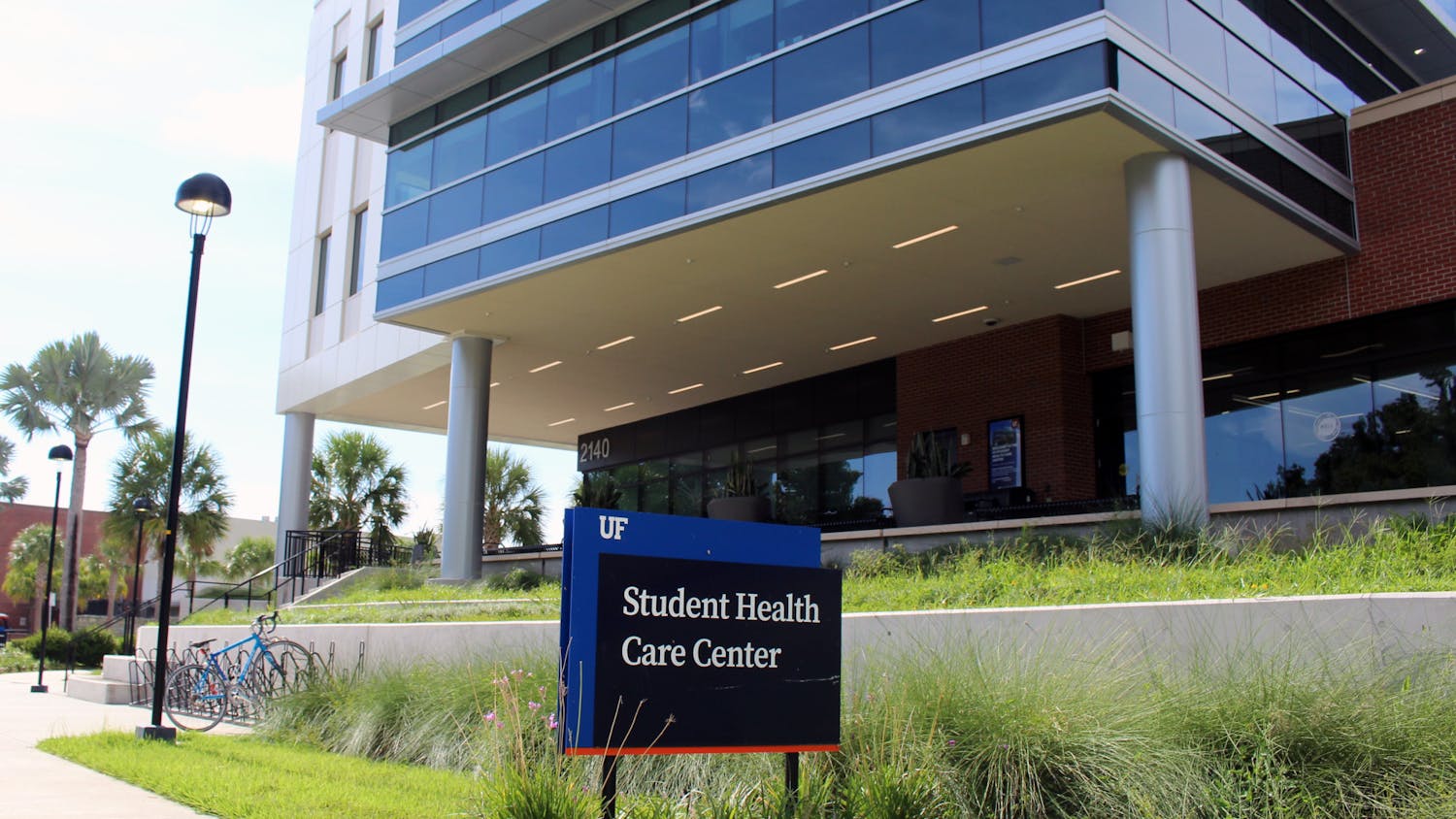Doctors on television are portrayed as heroes. That’s not to say they can’t be in real life, but as a patient who has seen dozens of doctors in hopes of finding an answer and feeling better, I’m jaded. In my story, more often than not, they’re the antagonist rather than the helpful figure I need.
Medicine is often seen as the pinnacle of advancements, technology and hope. Yet, in practice, this is not always the case. Again and again, I have been met with dead ends; A doctor doesn’t see reason to treat me. They don’t treat my type of pain. I have to see a different doctor for my issue. They won’t listen to my complaints and go after something else. It’s automatically a mental health thing.
Part of it, I think, is ego. How could I possibly know my body better than a medical professional? Why should I question them? Many of my doctors take issues as black and white. If one test says no, there is no possibility I have the issue.
Except, months down the line, something comes to fruition: I’m not crazy. Something was wrong. In one case, it took four doctors. The first three said no. The fourth, my hero, finally looked closer and listened to my pain and descriptions. As I was describing my issue, she said she could tell I haven’t been listened to before.
Another issue is time. Doctors have crowded waiting rooms, which leaves limited time to spend with patients. When a case is complex, I sense it’s easier to just blame the issue already in my medical chart or blame mental health issues. Other times, I’m simply bounced from doctor to doctor. Amid referrals and confusion, precious time is lost. I spend more time waiting for an appointment than seeing the doctor I need. It can usually be weeks, if not months, and still, there’s no guarantee any progress will be made. I can see where things are dropped. I can read my medical chart and see what the doctor decided to document. I can see how long it took for a referral to be made.
I’m at a point where I feel distrust for the medical field. It shouldn’t be this way. I feel as though doctors sometimes forget I am more than a medical chart. Care is often cold and impersonal. Doctors don’t explain the process, leaving patients without a medical degree drowning in jargon and symptomatology that they don’t understand.
Medicine itself is advanced. Once a problem is identified, progressive medicines, surgeries and other treatments can work toward managing an issue. However, like in hospitals, care is becoming increasingly robotic. Amid debates about healthcare itself, schooling, costs, patient distrust, doctor burnout and more, I think sometimes the humanity of healthcare goes overlooked. Patients need doctors who listen. An attentive doctor can be the literal difference between life and death. Emotionally detached doctors can lead to depressed patients. A patient’s outlook is dependent on their doctors. If the doctors are detached and not helpful, patients lose hope.
Care, at this point, seems objective. However, it should be subjective. To me, true progressive care lies in seeing the idiosyncrasies of a patient. At this point, healthcare is commercialized. The system profits based on people being sick. Doctors get paid for taking on more patients, but true care suffers.
Sophie Feinberg is a UF journalism junior. Her column appears on Fridays.






